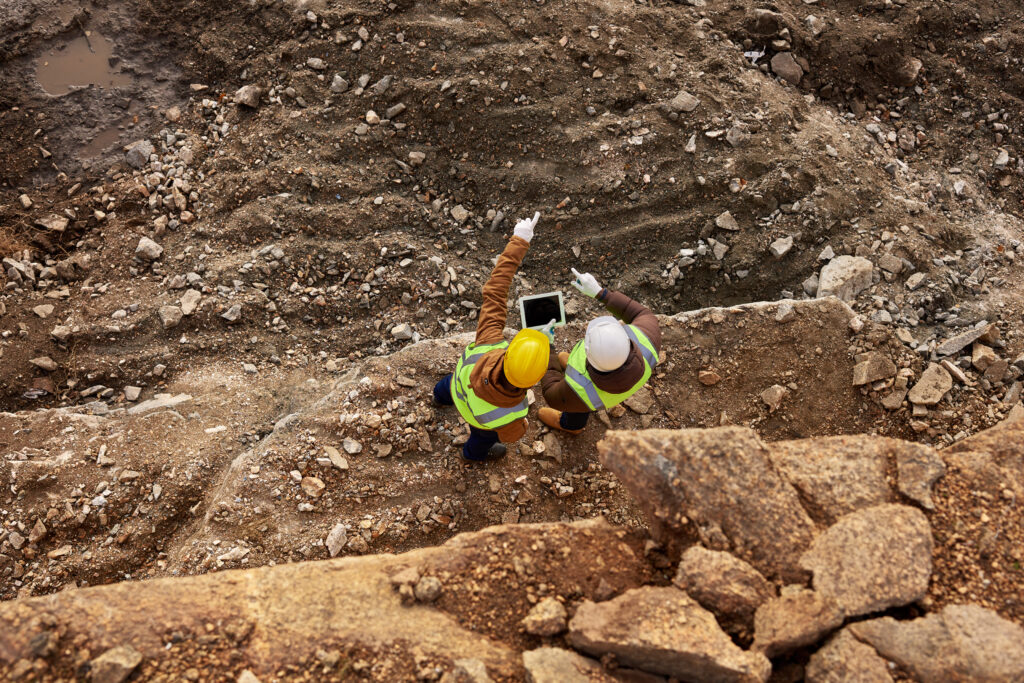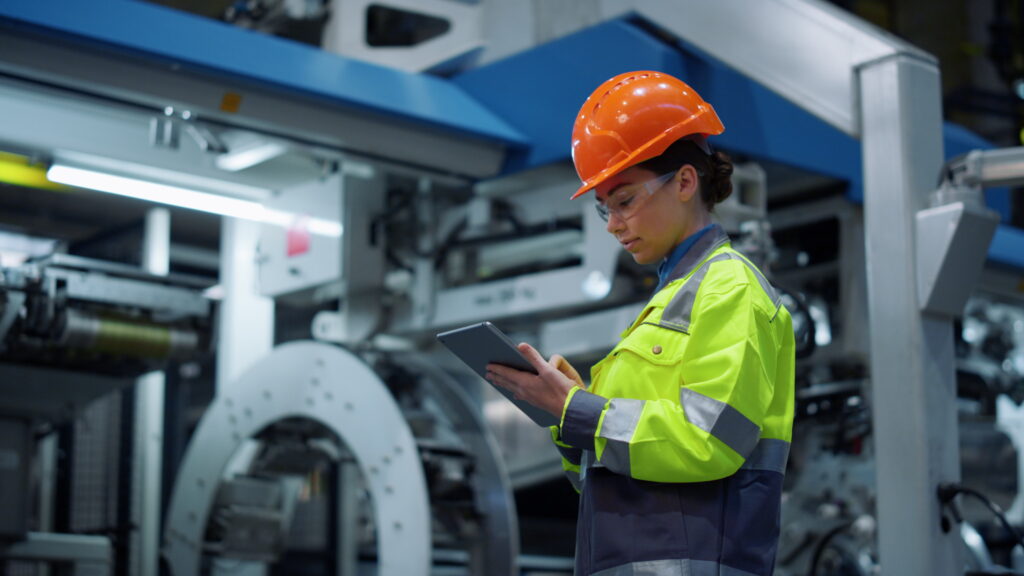There’s a lot of discussion in the start-up and software world about pain points: the challenges people find that hold them back from doing whatever it is they want to do.
Ask any software company and they will tell you that understanding those pain points, by drilling deep into the problem that besets the user, you can create a better product that will be valued for resolving the problem.
It’s a theory that works well when you have a known set of problems or pain points and a range of potential solutions to address them.
Yet people often want something more from technology.
Yes, they want to remove the pain that comes with manual, repetitive, time consuming or dull work. But they also want software that helps them work better — become more efficient, learn more easily and perform more creatively.
They want software that cuts out the noise while freeing them to make better, more meaningful decisions.
They want tech that supports and bolsters the strengths that make us human.
We can see this pattern of thinking in a recent report released by Microsoft, posing the question ‘Can AI Fix Work?’.
Thanks to the data Microsoft can glean from its universal tools, it was able to look at trillions of data points as well as interviews with 31,000 software users.
While the focus on the report was on AI, some of the thinking is highly instructive.
The interviewees were asked to think ahead to 2030 and asked if they could make one of a given set of changes to their work experience, without any additional effort required on their part, which they would most value.
Perhaps surprisingly, the usual ‘pain points’ responses ranked only halfway up the list.
Just 17% wanted to outsource busy work to software, for example, while a similar proportion wanted meetings and emails summarised.
Even fewer nominated never having to search for information again — or for having to hunt down who held that information.
But the highest-ranking response were those that spoke to ways software could improve the work that was already being done.
Top of the list for one in three respondents was producing high quality work in half the time. Second, only just behind, was being able to learn a new skill twice as fast.
We hear this story echoed by many of our clients and I’ll take just one of our flagship products as an example.
INX InFlight addresses a host of pain points for our client group, which includes some of Australia’s biggest companies, and operators in the most remote and complex environments on earth.
Every week, it is used to streamline and expedite the planning, logistics, booking, coordination and communication needed to transport thousands of workers to and from remote operations.
Simply taking this process off spreadsheets and out of emails and into a platform designed specifically for this purpose removes a world of pain.
It removes a host of manual steps and tasks and improves the experience for employees — no small task in this tight jobs market.
It frees up those using the software to think more carefully about what they are hoping to achieve, not just how to do it.
But it also offers other benefits.
We have co-crafted the platform in conjunction with Tier 1 companies who intimately understand the FIFO challenge. And then we bring this software to Tier 2 and emerging companies who might otherwise take years to get up to speed with the level of complexity required to efficiently manage remote workforces.
Just like that, we have halved the time it takes them to skill up their logistics teams.
The third benefit is more subtle, but once clients know that the critical process of moving people is under control, they begin to focus on higher-order work.
They begin to add new processes to protect safety and improve training, or they expedite the pace at which they can muster or deploy personnel.
They can rapidly identify ways to make swings work better for employees and the business or start to map and mitigate the carbon footprint of people movement.
We want our clients to protect their people and the planet, and freeing the time and resources to do this is the clearest benefit our products provide.
Software will always go to market based on pain points, but we like to think that our tools don’t stop there. Making work meaningful can be as important as taking work away, and we will continue to engage with clients to find new ways that goal can be achieved.
As a species, we humans are hard wired to optimise.
At INX Software, we believe good technology should help us to optimise better.














